
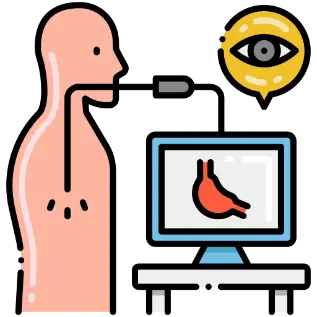 |
Gastroscopy is an endoscopical procedure commonly used to inspect the upper gastrointestinal tract for symptoms such as heartburn, abdominal pain and bloating. It is also the most effective screening tool for stomach cancer. Gastroscopy is minimally invasive. |
Before agreeing to the procedure, it is important for you to understand the possible risks involved. Our doctor will be available to advise you further during your clinic visit and consent for procedure will be taken.
As a standard preparation, a minimum of 6 hours fasting is generally required to ensure an empty stomach before endoscopy.
With the exception of blood thinning agents such as Aspirin, Clopidogrel or Warfarin and diabetic medicine, you should continue your usual medicine before the procedure. Please inform your doctor if you taking any blood thinning agents or diabetic medicine.
If you are wearing dentures, please remove it before the procedure. You are not encouraged to bring along any form of jewelleries during procedure.
Do follow closely the instructions given during the pre-procedure counselling.
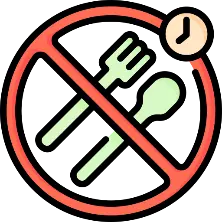 |
 |
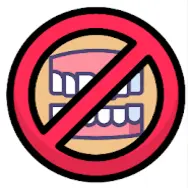 |
 |
The nurse will spray the local anaesthesia to the back of your throat and if you choose to be sedated, light sedation will be administered through the vein by a plastic cannula.
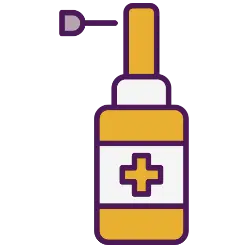 |
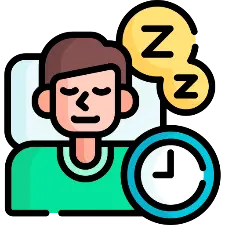 |
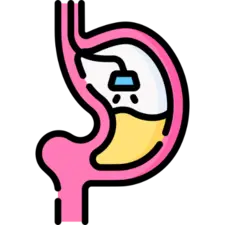 |
During the procedure, the gastroscope will be inserted carefully into your mouth under direct vision to examine your upper digestive tract. You may experience mild throat discomfort at the start of the procedure which will soon disappear. Tissues sample may be taken for further analysis in the process. On average, the procedure takes approximately 10 to 15 minutes to complete. |
If your gastroscopy is under local anaesthesia, you may be discharged shortly after the procedure is completed. If you receive sedation through injections, you may be observed in the recovery area for about an hour.
A brief endoscopy summary report and instructions on self care will be provided to you before discharge. As sedative agents may be administered, you are advised not to drive on the day of procedure. To ensure your safety, it is important to have someone accompany you home after the procedure. Please return for your outpatient clinic review if a follow up visit is deemed necessary by your doctor. Please speak to your doctor should you require more information.


